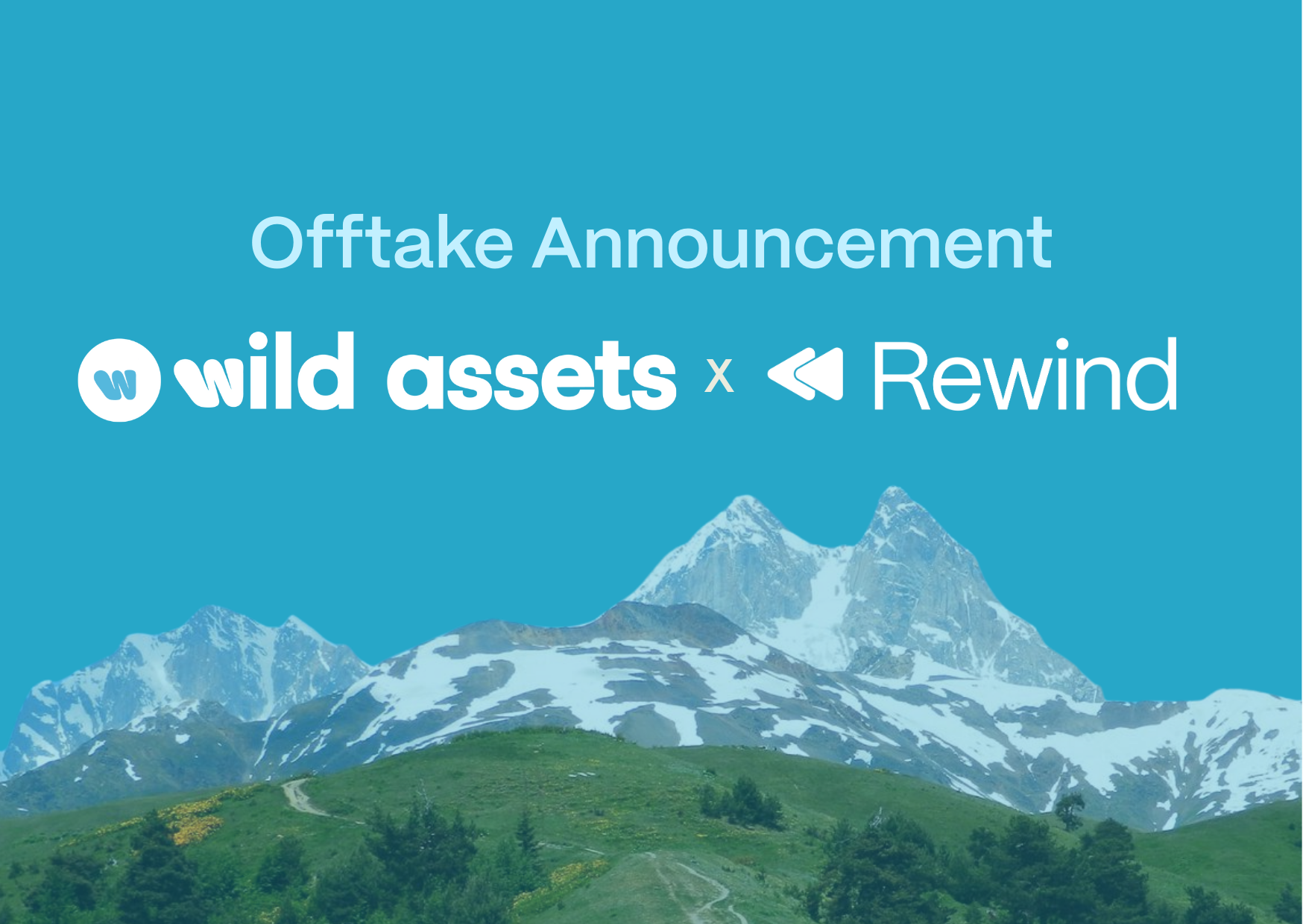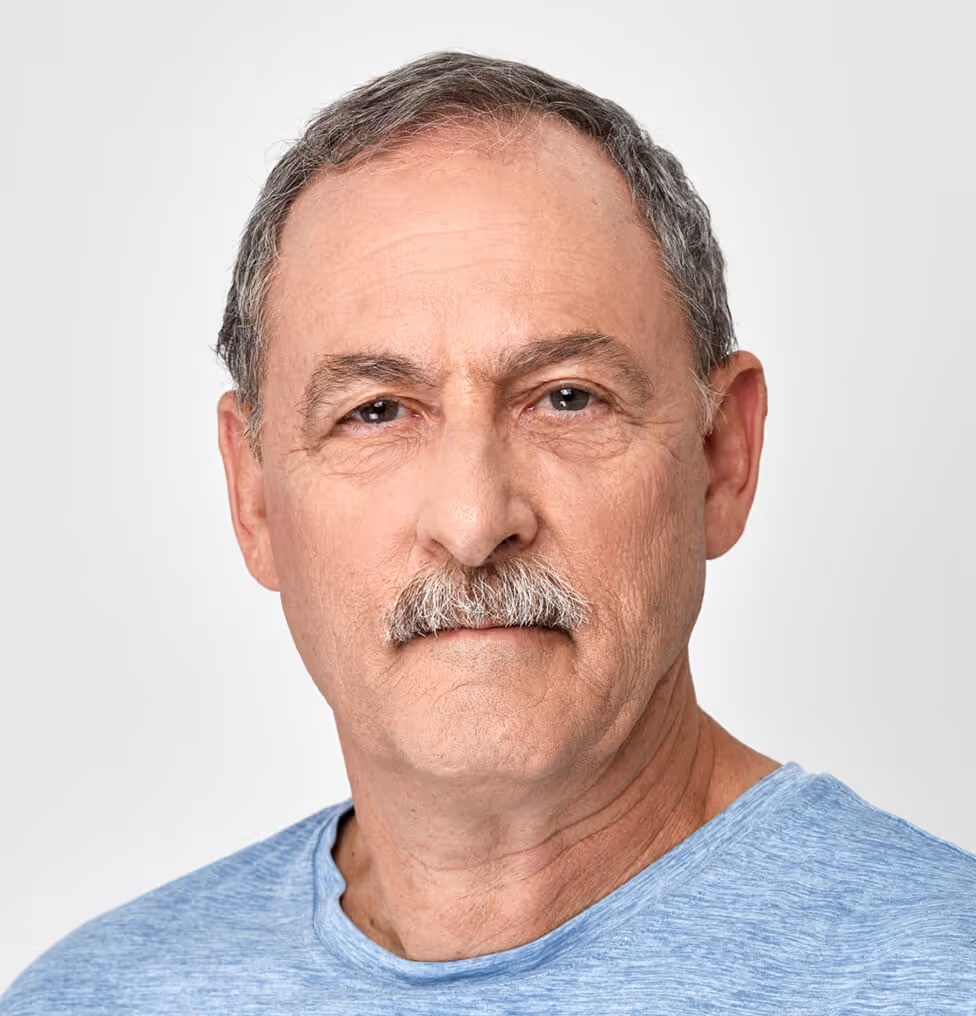
January 27, 2026
Announcing a New Offtake Partnership with Wild Assets
We’re excited to share a new partnership with Wild Assets. We’ve signed a long-term offtake for future carbon removal credits from our Deep Mine Storage project in Georgia.
.png)
January 21, 2026
High-Durability CDR Doesn’t Have to Come at a Premium
The Biomass Storage in Subsurface Mines Module has entered public consultation, marking a significant step forward for durable carbon removal. Rewind contributed extensive scientific and operational feedback on permanence, monitoring, safety, and biomass sustainability to help shape a robust and credible new CDR methodology.

October 28, 2025
DMS Georgia: World’s first deep mine carbon storage
Today is an exciting milestone for us at Rewind: we are launching our DMS Project in the city of Tkibuli, Georgia - the world’s first commercial Deep Mine Storage (DMS) facility. A carbon removal project that is meets all key criteria: permanent, operationally scalable, reasonably priced, and grounded in the Earth’s own natural processes. We source residual sawmill biomass, and inject it into sealed underground disused mine chambers, where the isolation and anoxia will preserve the solid plant carbon for geological time scales.









